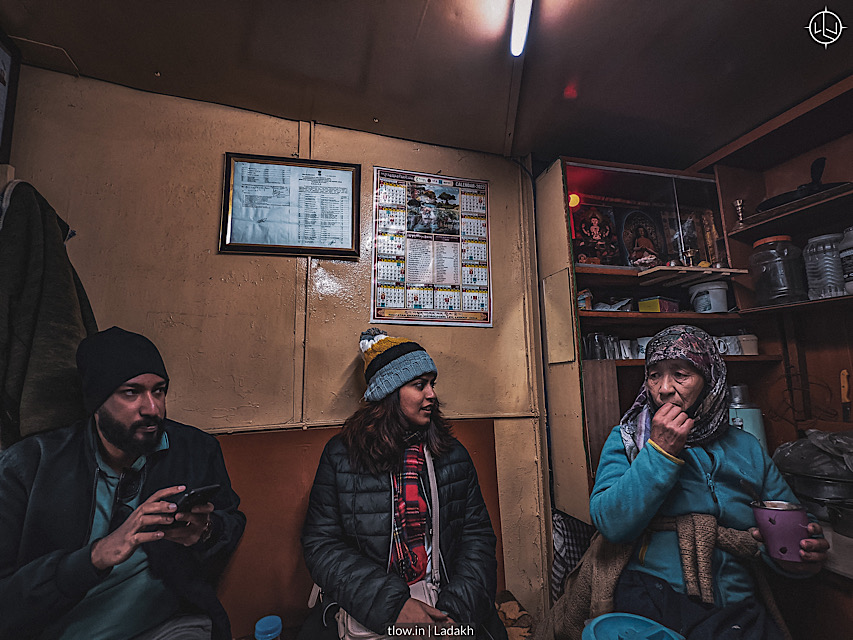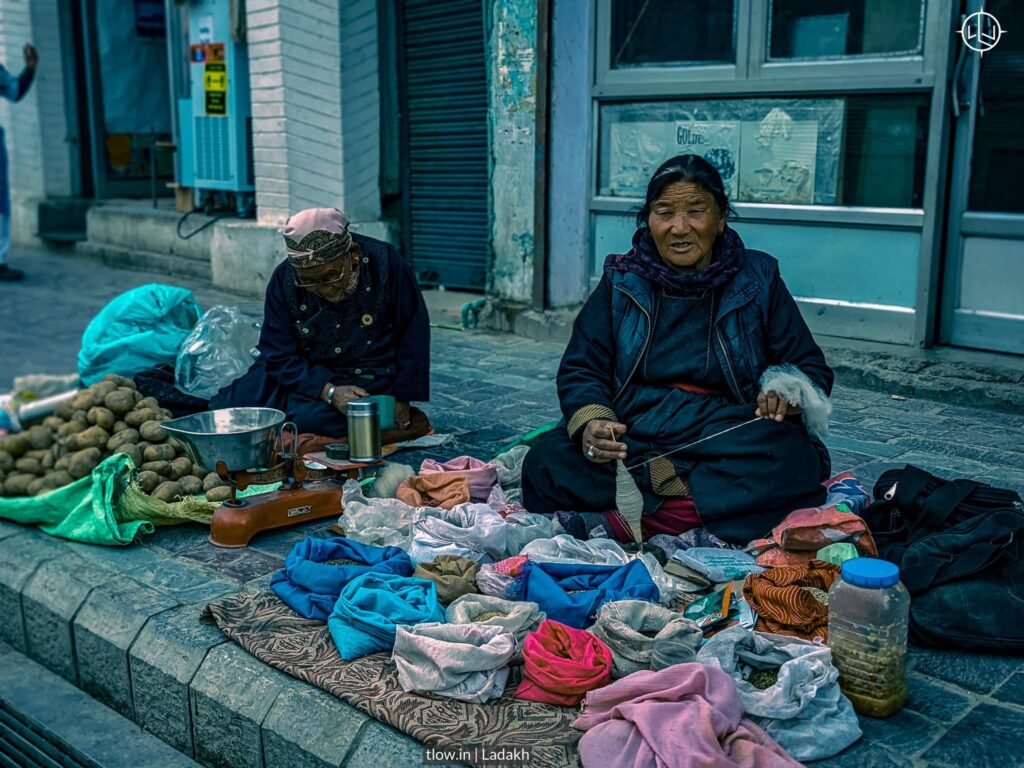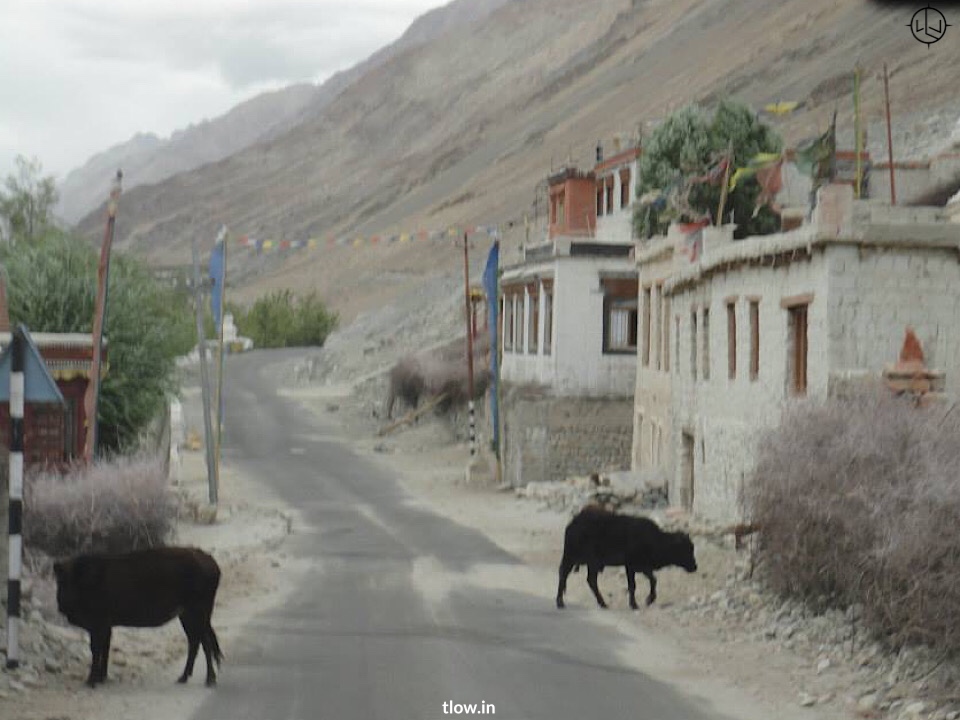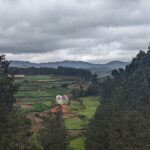
10 useful Ladakhi words you should know
Ladakh is a place to visit on the list of most people in India and abroad. Before you head to the land of high passes it is useful to know a few Ladakhi words that will help you. Here is a list of some of them.
Table of Contents
Ladakhi words Julley –
This is one word that is most vital in Ladakh. It is used for a number of reasons and is an all purpose word. It can mean hello, goodbye, good morning, good night, please, thank you or anything good in Ladakh. If you say Julley in Ladakh with a smile you can get whatever you want and communicate easily with all.
Don ley –
The word is used for a meal by Ladakhis as it means please take. When food is offered they say this to make you eat or have it.

Requests
Oley – If you want to say yes, then this phrase is used.
Man ley – Incase you want to say no, then use this phrase.
Khamzang in a ley – This is when you want to ask a person how they are in Ladakhi
Khamzang in ley – In Ladakhi, this means I am fine and is the response to the above question.
Nyerang Ming a Chi In Ley – If you are asked this then the local is asking your name in Ladakhi
Nye Ming a Lahwang In Ley – My name is Lahwang is how you would respond to the above question
Nyerang Ka Ne Yin – When a Ladakhi person asks you this, it means where are you from
Nga Srinagar Ne Yin – The response to the above question is I am from Srinagar
Skyot Ley – When a Ladakhi says this they are calling you in and you will hear a lot of this when you are in Ladakh
Zhuks Ley – This is used in conjunction with the above words and means to have a seat. If you use local transport in Ladakh or enter a restaurant this may be said to you.

Orders
Thukpa Ma Zhimpo Rak Ley – The thukpa is very delicious is what this means and if you like what you eat, then you can use this sentence by replacing thukpa with whatever dish you are having.
Hago a – It means do you understand and this you will hear if you try talking Ladakhi with the help of the words here from the locals. They are very supportive and like people trying to speak to them in their own language.
Hago – What this means is that I understand and is the response to the above question.
This is quite an extensive and helpful list and your trip to Ladakh will go well if you employ these.
The Ladakhi language is highly useful for several reasons:
1. Communication with Locals:
Knowing Ladakhi allows you to effectively communicate with the local people in Ladakh, especially in remote areas where English or Hindi may not be widely spoken. It helps in interacting with the locals, understanding their culture, and building connections.
2. Cultural Immersion:
Learning Ladakhi enhances your cultural experience and deepens your understanding of the unique Ladakhi culture and traditions. It allows you to engage in conversations, learn local stories, and participate in cultural events.
3. Practical Necessities:
Ladakhi can be useful for practical necessities like ordering food, asking for directions, bargaining in local markets, and seeking assistance in emergencies. It helps you navigate through the region more easily and independently.
4. Enhanced Travel Experience:
Speaking Ladakhi enables you to connect with the local communities on a deeper level. You can gain insights into their way of life, traditions, and beliefs, making your travel experience more enriching and meaningful.
5. Off-the-Beaten-Path Exploration:
Ladakhi is particularly beneficial if you plan to venture off the popular tourist spots and explore remote and lesser-known areas. It enables better communication with locals who might not have exposure to other languages, allowing you to explore these regions in a more immersive way.
6. Respect for Local Language:
Learning Ladakhi shows respect for the local culture and language. It demonstrates that you are interested in their way of life and are making an effort to understand and appreciate their language and traditions.
7. Personal Growth:
Learning any new language broadens your horizons, enhances cognitive abilities, and improves memory and problem-solving skills. It provides a sense of accomplishment, boosts confidence, and opens up avenues for new friendships and connections.
Overall, knowing Ladakhi adds tremendous value to your travel experience, facilitating meaningful interactions, cultural immersion, and a deeper appreciation for Ladakh and its people.











